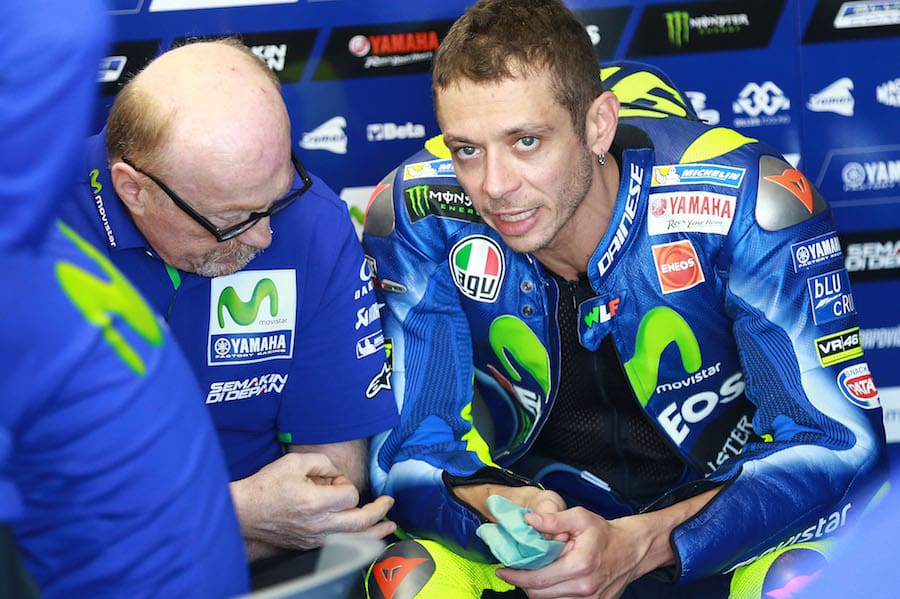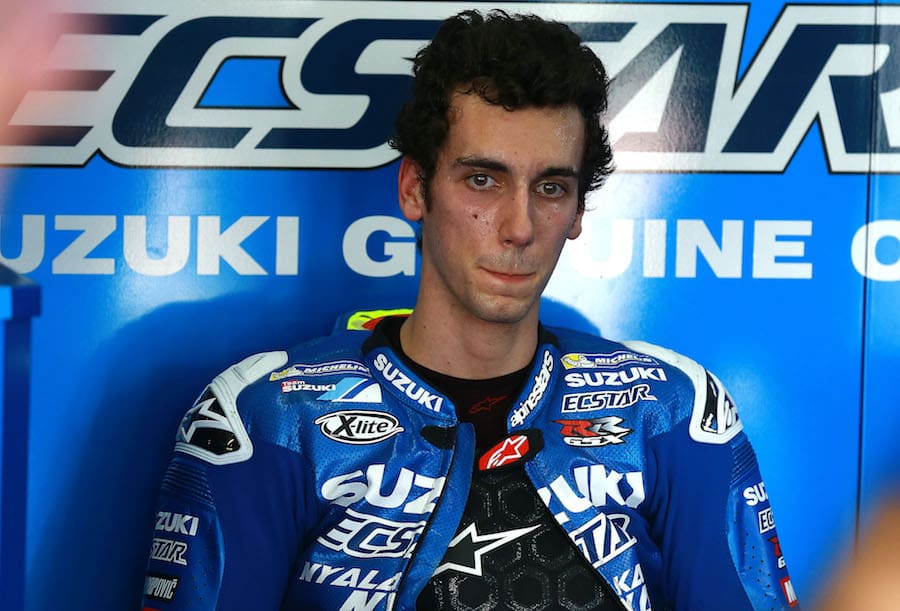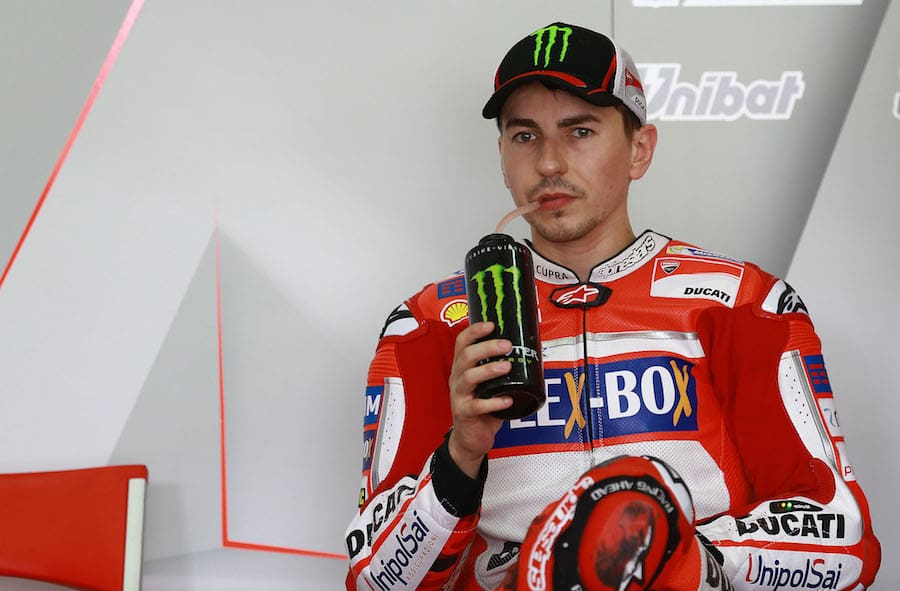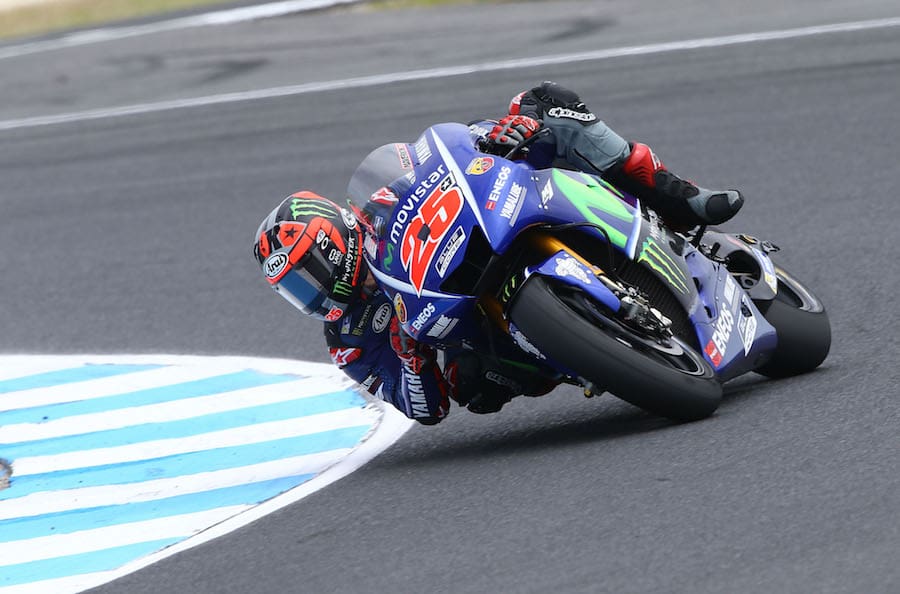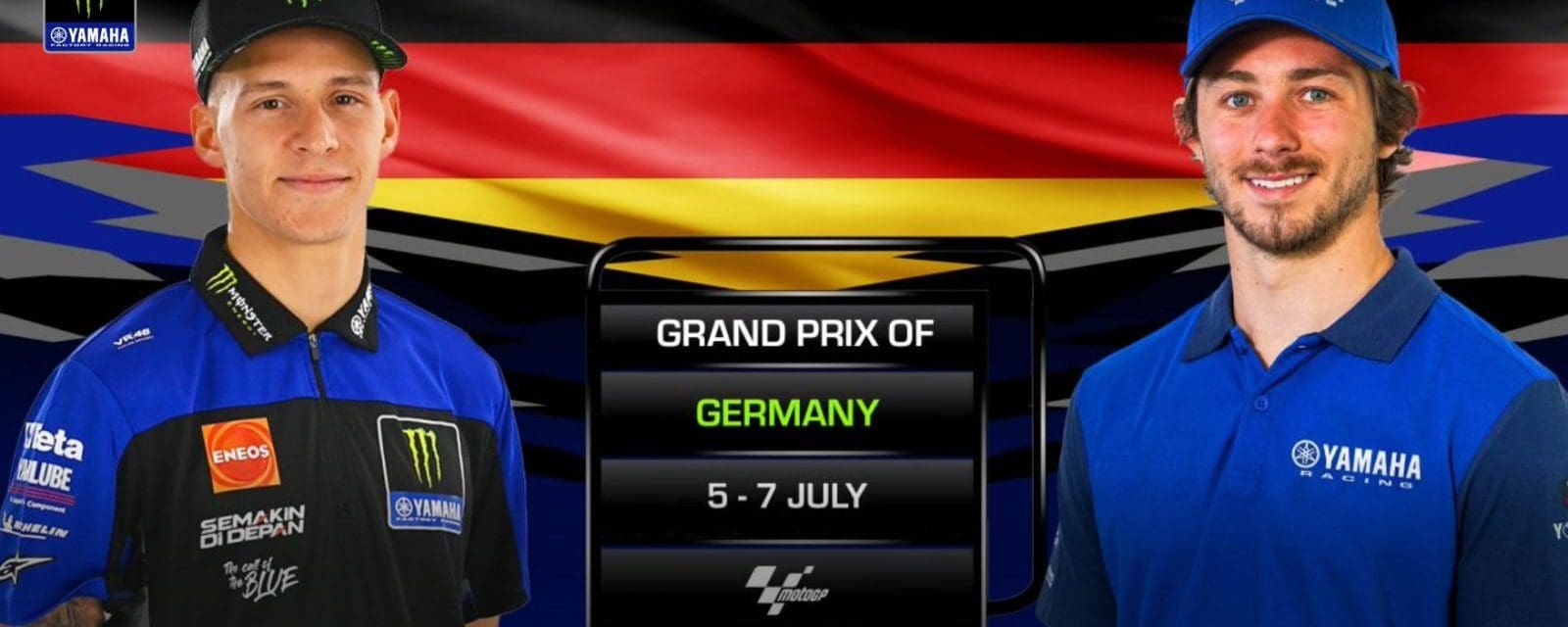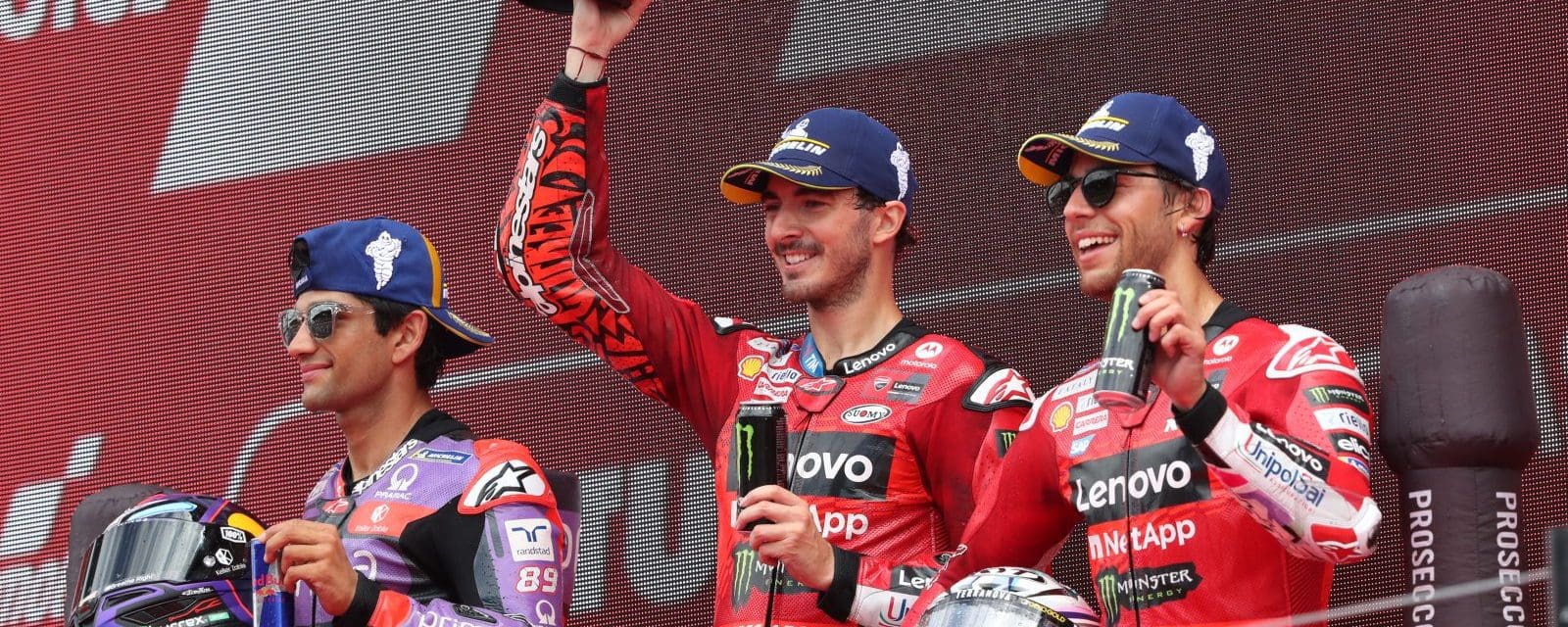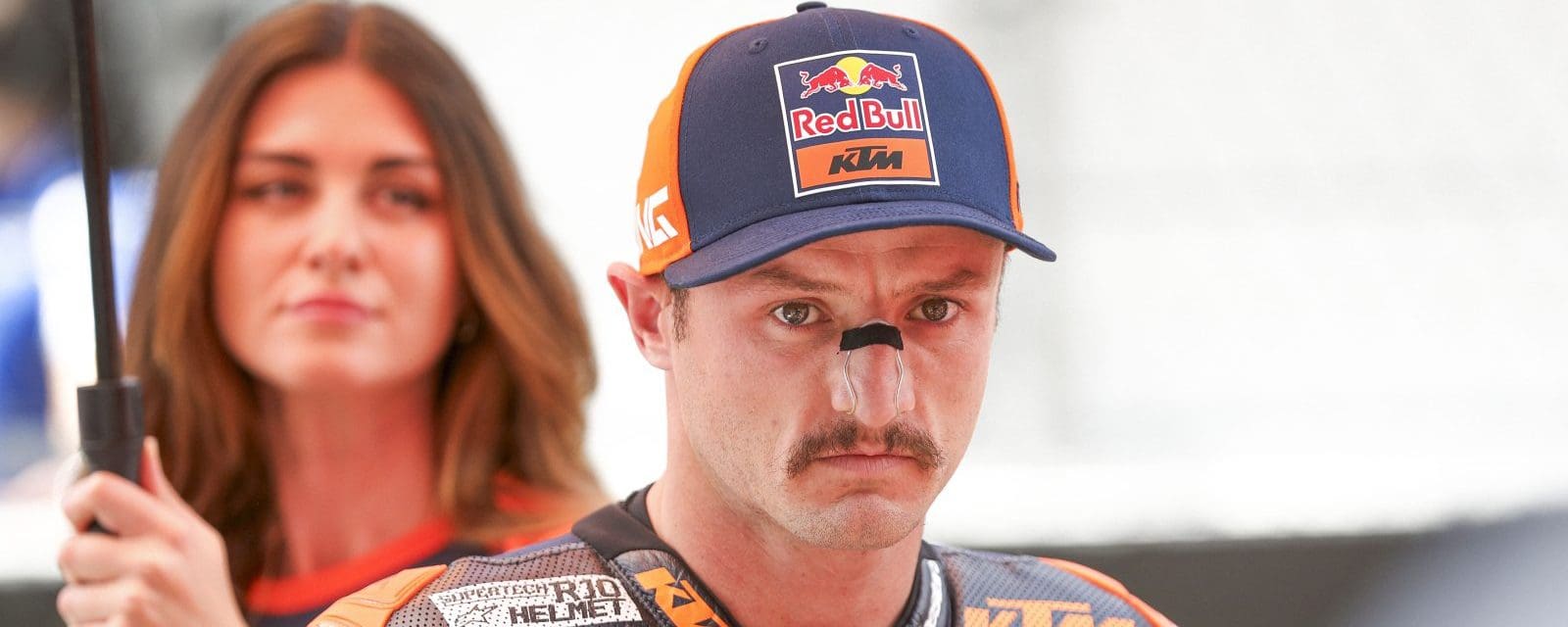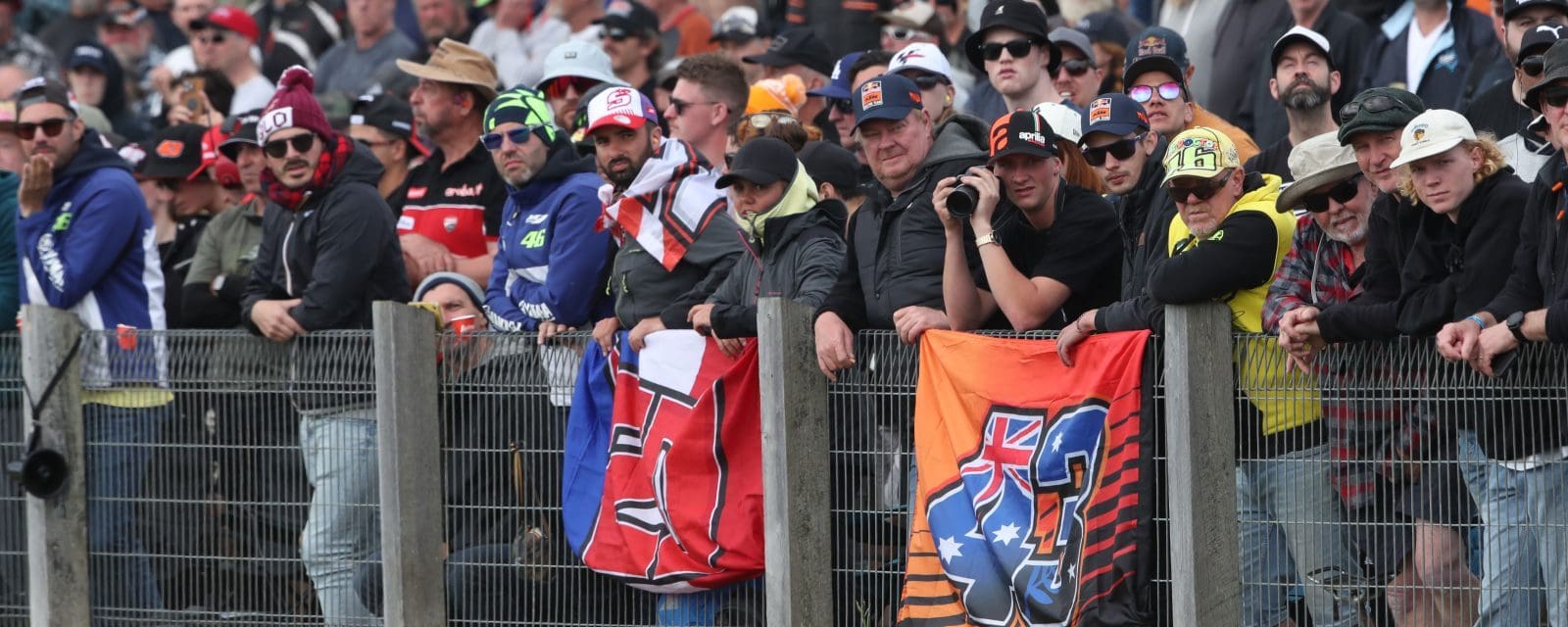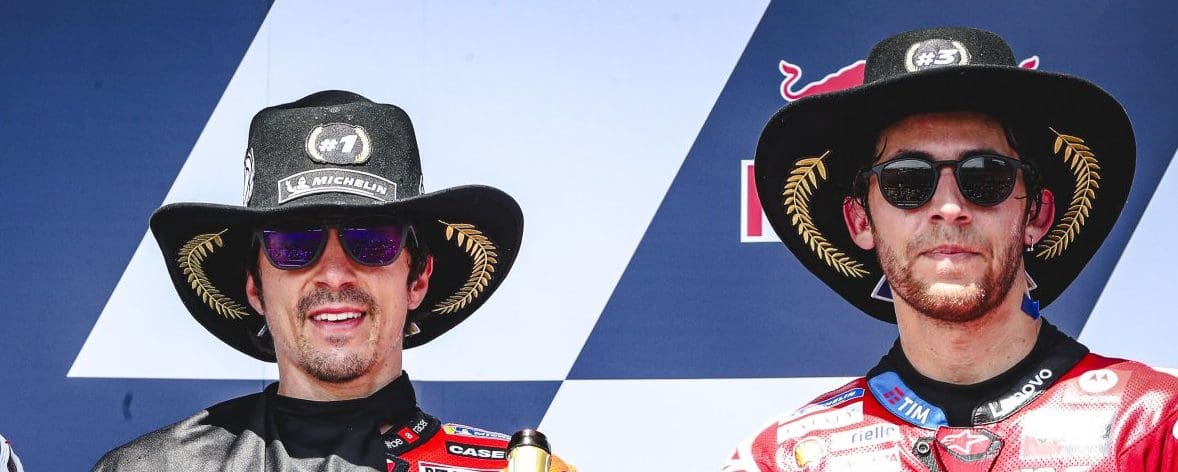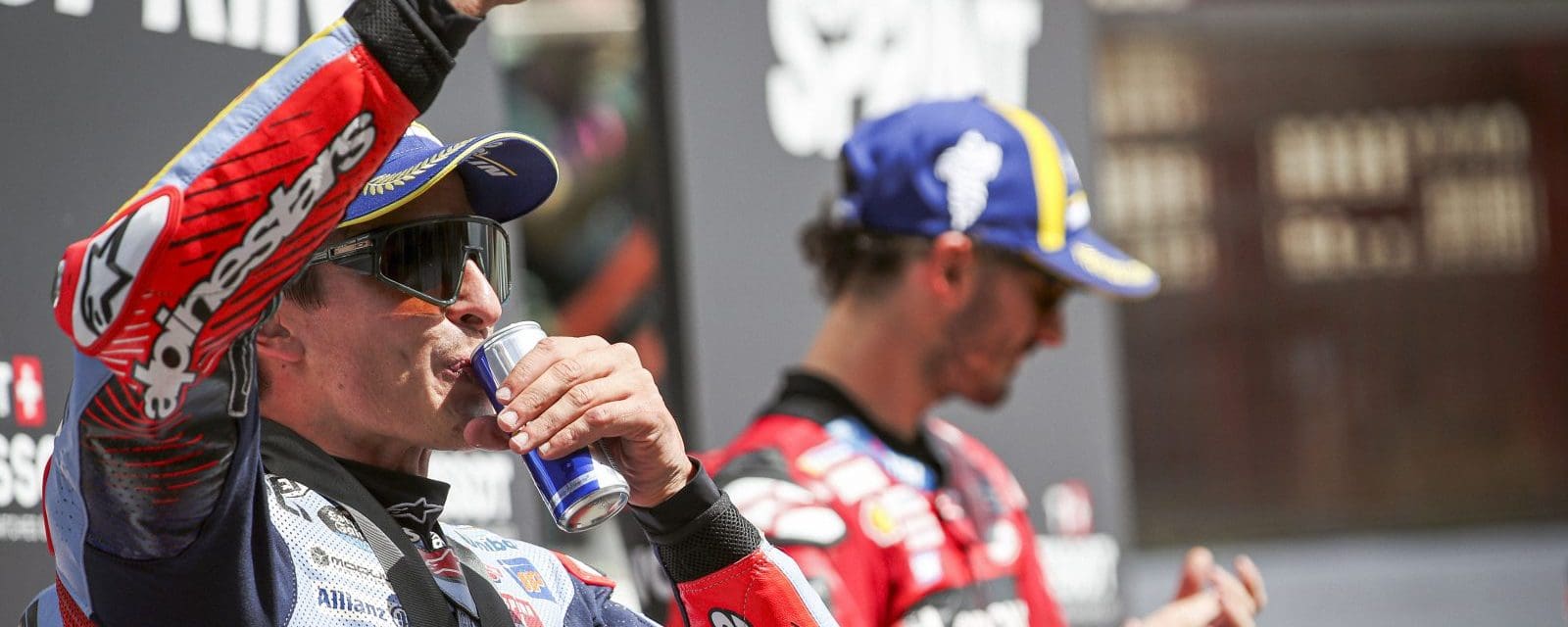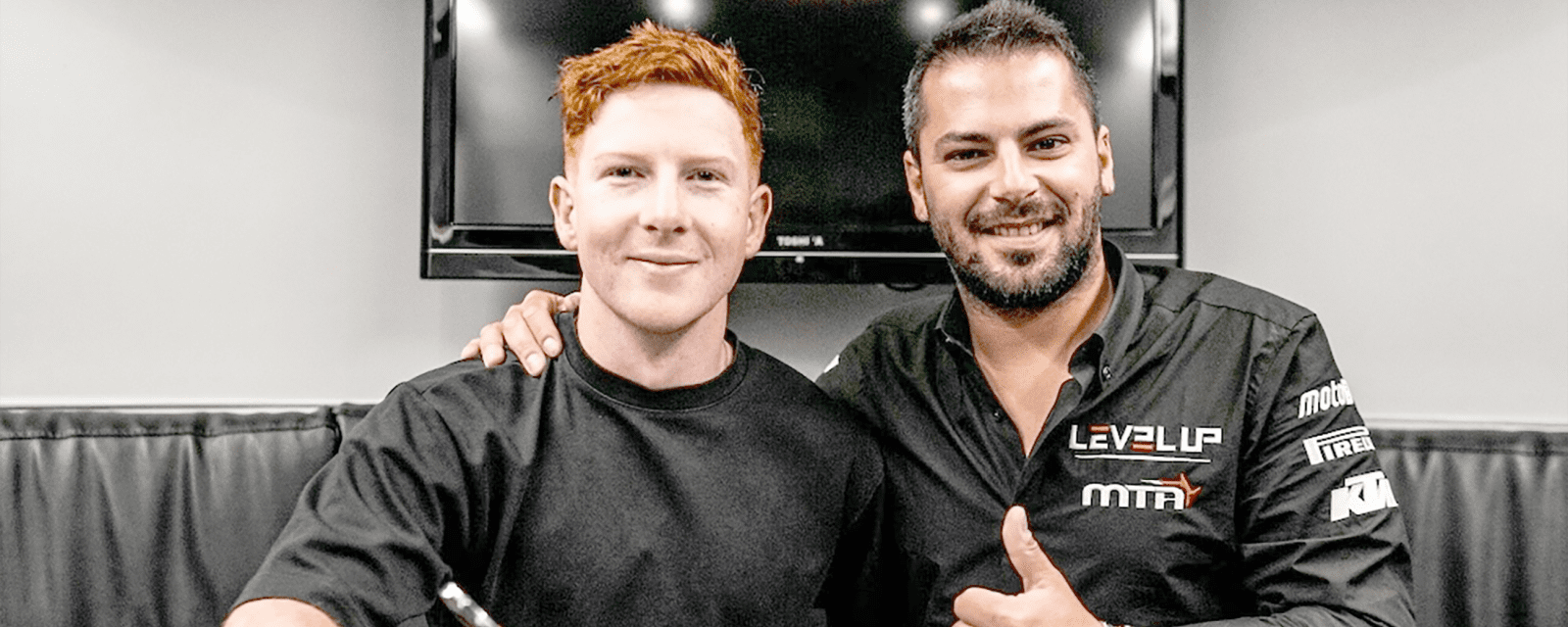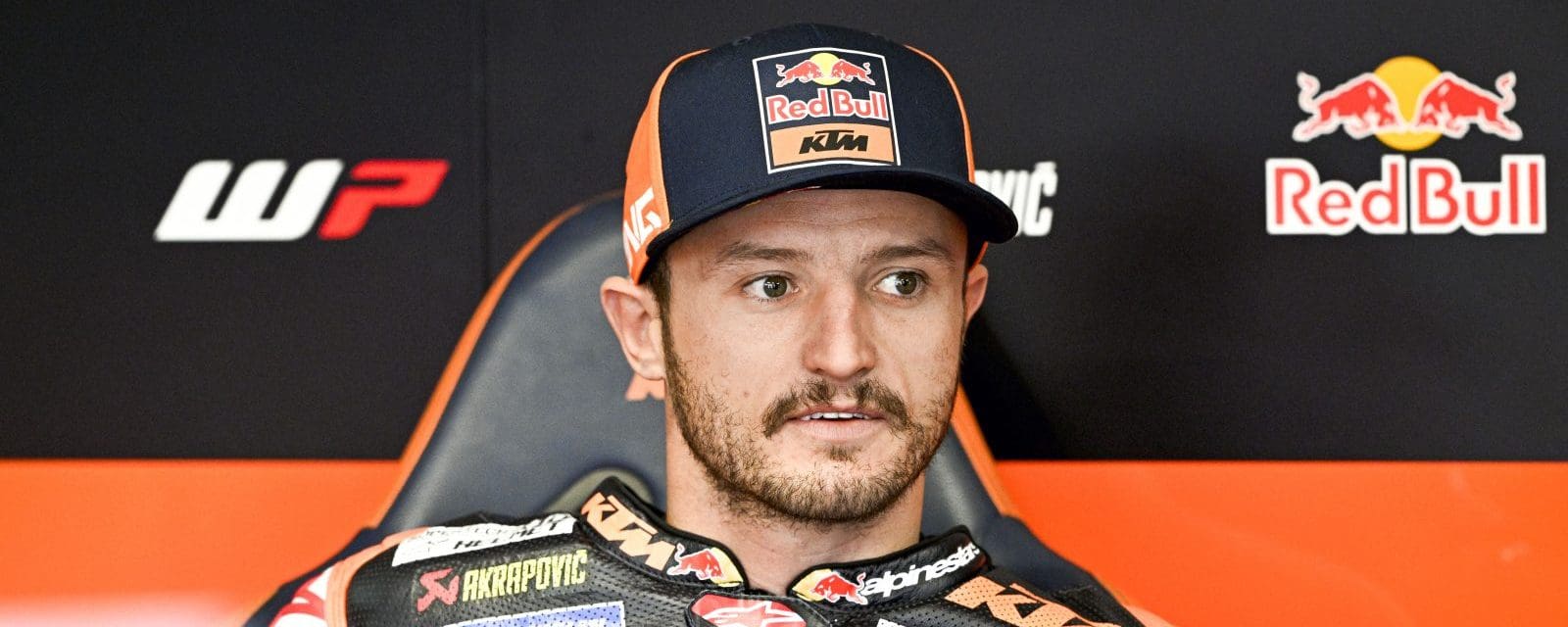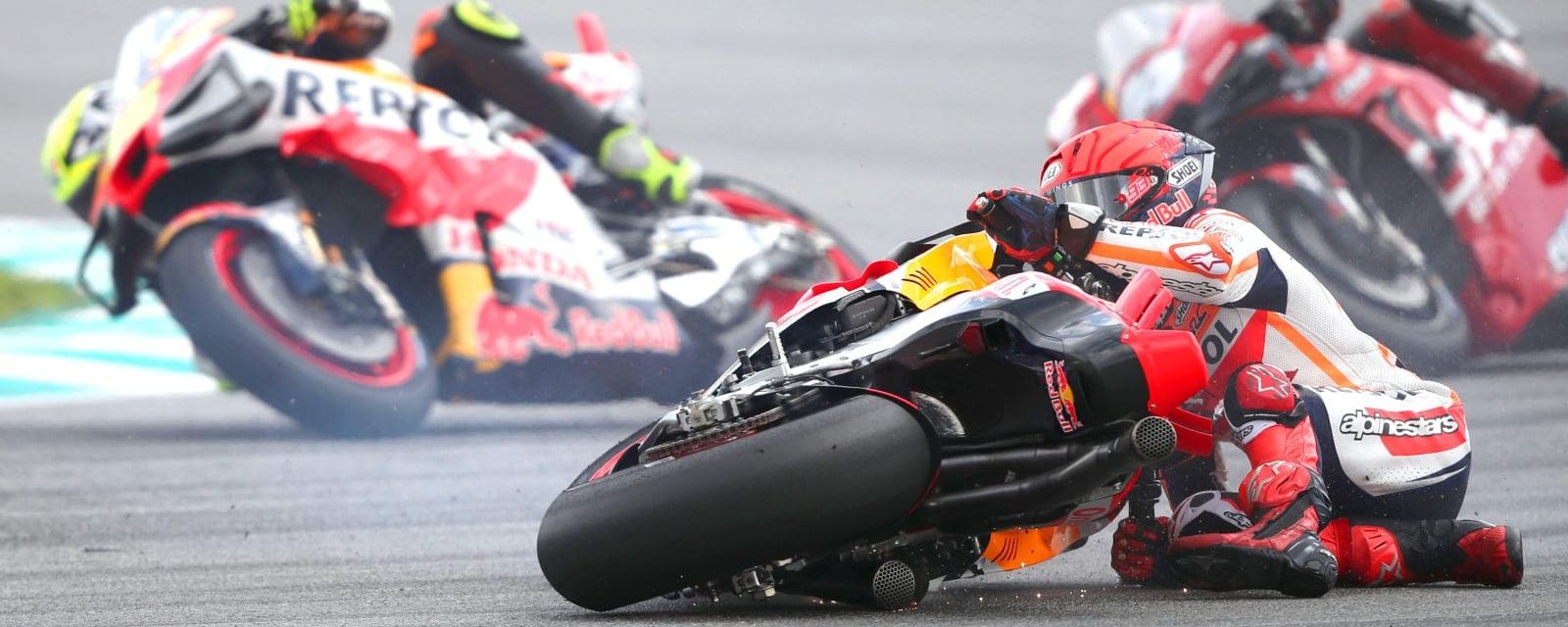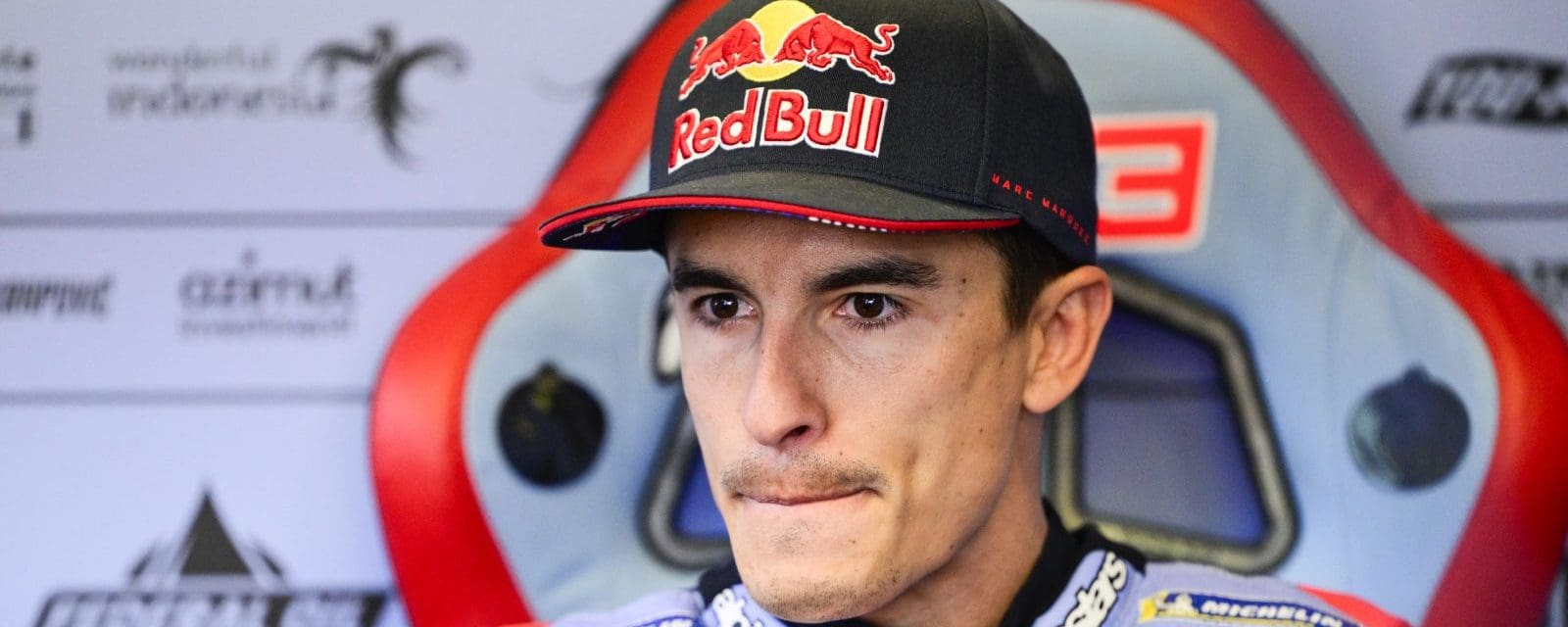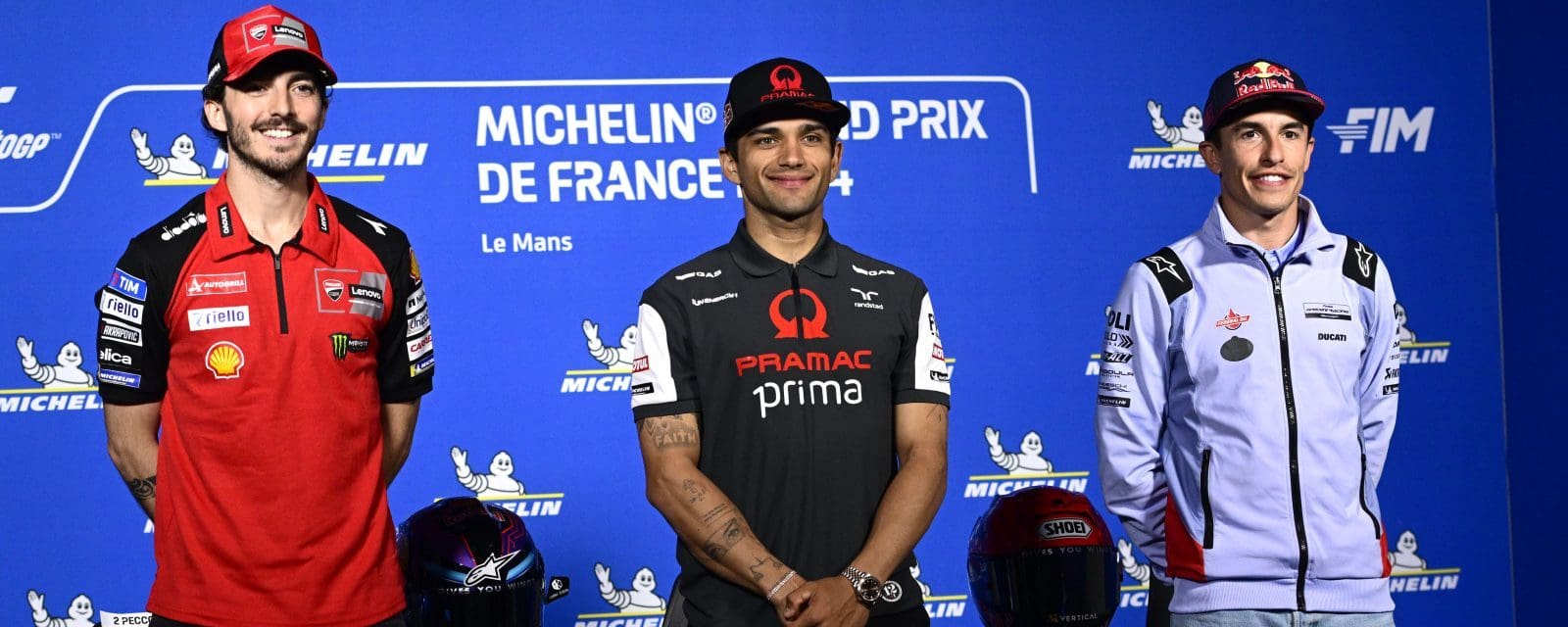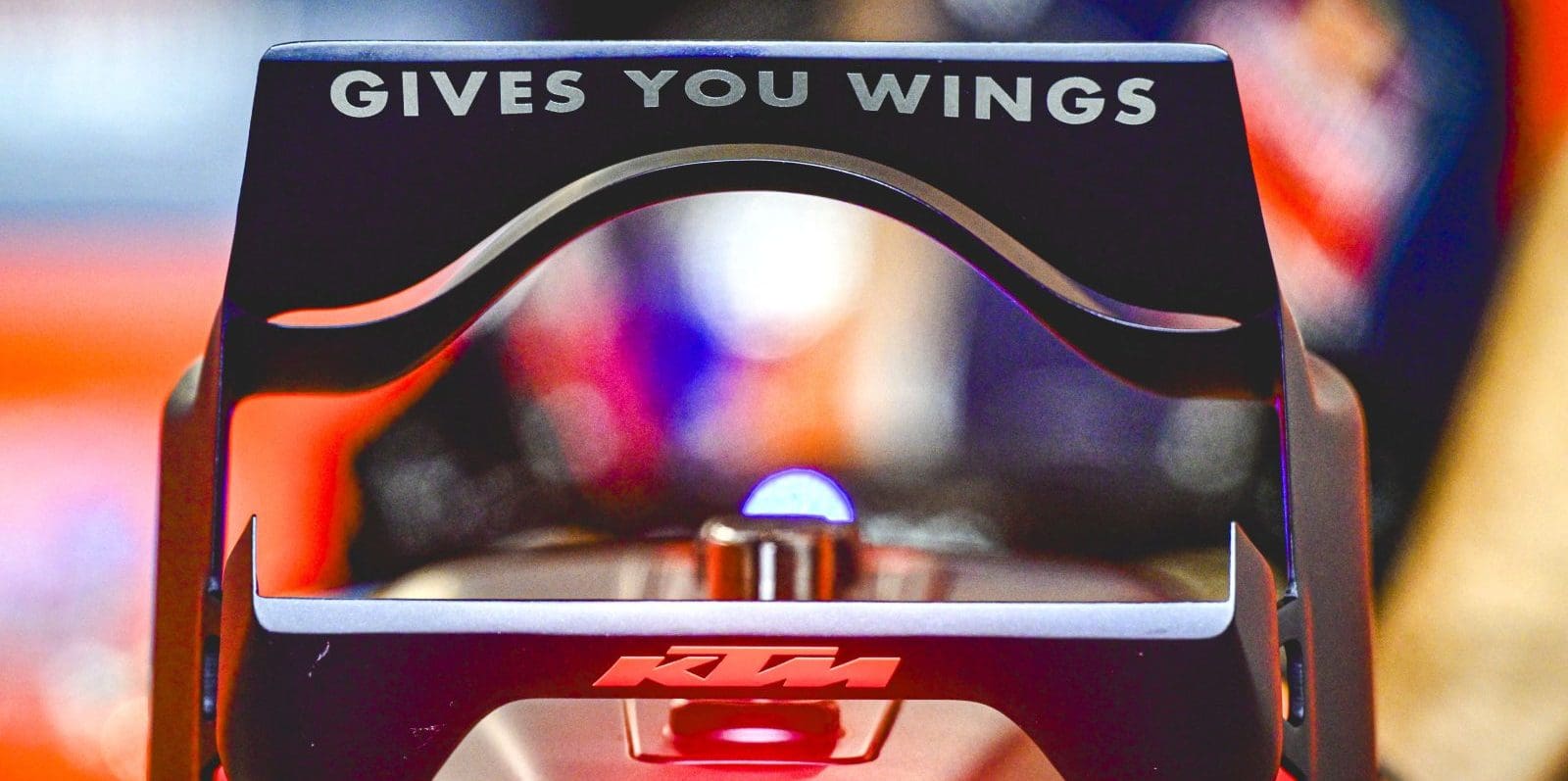It’s normal to get excited round about now at the prospect of another year of MotoGP. A bit more normal though this year. After a brilliant 2016, first time out with Michelin tyres and dumbed-down unified software, some highly significant rider changes add yet more spice to a highly flavoured dish.
Changes at the highest level.
Like three-times MotoGP champion Jorge Lorenzo jumping ship from Yamaha to Ducati.
Like not-yet MotoGP champ but hot, hot prospect Maverick Viñales taking his place alongside Rossi in the Movistar team.
While the triple champ and current defender Marc Márquez faces them all on a Repsol Honda with a brand-new buzz-box engine, and yet another year of maturity in his pocket, alongside his precocious talent.
That’s not even mentioning the burning ambition of Andrea Iannone, dumped by Ducati but picked up for the ever-improving Suzuki. Or Jack Miller, in his third Honda year with one wet-weather win behind him. A couple of hot-shots on high-level independent Ducatis. And the ever-smouldering Rossi himself.
Further technical dumbing down (no wings this year) gives all the more reason to hope for another season of high-class variety. Although it would be hard to beat 2016, with its record number of nine different winners.
What we can expect is strong battles all the way down to the bottom of the points for every race, and the prospect of a real fight for rookie of the year – after an uncontested crash-fest of 2016 for sole representative Tito Rabat.
As usual, the season starts in Qatar (26 March) and finishes at Valencia (12 November), with 16 races in between, and no significant changes from last year. Austria is back for a second run at the Red Bull Ring, Phillip Island third from last on 24 October.
By then, if the omens are to be believed, we should all be holding our breath.
MotoGP
Home of the brave
Rossi is back for his 22nd season, old man of the grid aged 38 at Race 1. Five others – Bautista, Crutchlow, Dovizioso, Pedrosa and Barberá – are in their thirties, and Lorenzo will turn 30 this year. But it’s not exclusively the preserve of pre-pensioners. Rookie Álex Rins is youngest, at 21, with both Maverick Viñales and Jack Miller 22.
There are 23 riders in 13 teams, representing (and this is the first new record of the year) six different manufacturers.
Ducatis are the most numerous, with eight Desmosedicis ranging from three of the latest GP17s to sundry older models.
Next up, five Hondas; and at the tests the latest RC213V comes with two different variants of the new Big Bang engine. It remains to be seen whether HRC will settle on just one when the real racing begins, when engine design is frozen for the year.
Four Yamahas for two teams, then two each from Suzuki and Aprilia. And another two from the all-new KTM team, adding a quirky steel-chassised V4 to make three European factories against three from Japan.
Tech rules are generally as for last year, with Aprilia and KTM escaping most of the strictures that apply to established race-winning teams – joined this year by Suzuki after the company’s success with Viñales last year. As well as riders not being able to test outside officially designated times, the factories are limited to seven engines, with design frozen from race one.
New this year: a ban on wings, defined as projections from the fairings. Tests have seen ducted ‘internal wings’ from all except Ducati and KTM; but again fairing design is frozen, with one update allowed, from Race 1, and it remains to be seen who will plump for what.
Top drawer
The three top factory teams field the six riders most likely to win the title. No surprises in the list of names; nor will there be if there’s a first-time champion at the end of the year … such is the respect for Movistar Yamaha’s new signing Maverick Viñales. The 22-year-old ex-Moto3 champion wasted no time after winning Rookie of the Year in Moto2 in 2014, and two years with Suzuki saw him drive the bike forward to its first win.
His presence will surely inspire team oldster Rossi, title runner-up for the past three years, and running out of time and also sheer speed, if not motivation. We’ll see how that works out, because in racing you never know. It is not always the fastest lap times that get the most points.
Repsol Honda poses the most obvious threat of domination, in the hands of Márquez, who keeps getting better and won last year on a sub-prime bike. This year’s should have improved, and once again Dani Pedrosa (31) is hoping the luck will go his way.
Jorge Lorenzo in his new Ducati role is a great unknown. Testing has been less than impressive for the 29-year-old, but the five-time champ is a redoubtable rider. He’ll have to beat teammate Andrea Dovizioso (31) in the process.
One of the above will surely be 2017 champion.
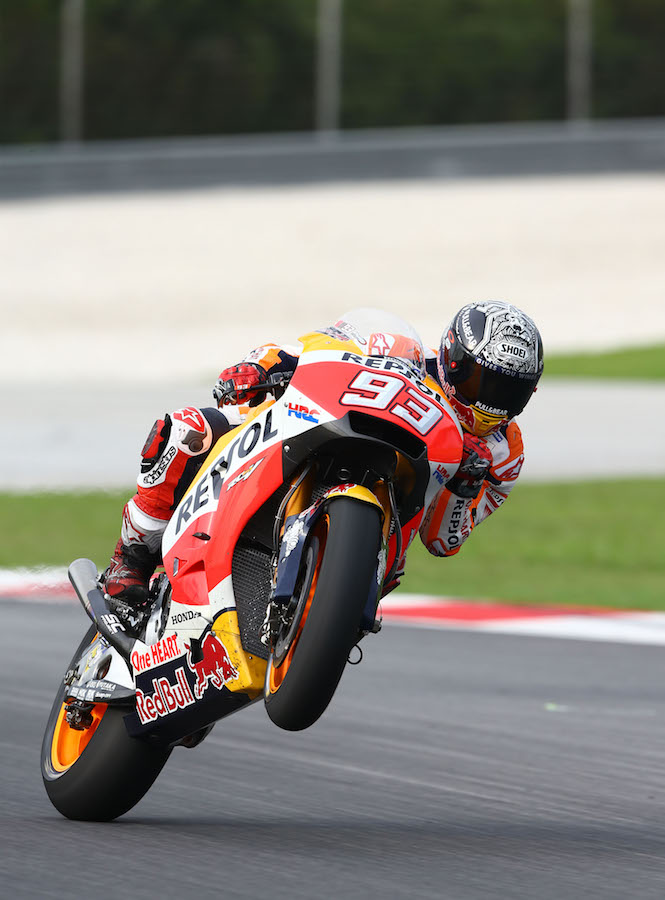
Pushy packages
Foremost among this sextet are three riders who claimed their first wins last year. Cal Crutchlow (31) actually won two on the LCR Honda. He’s not supposed to be able to beat the factory bikes, but he finds that easy to forget.
Andrea Iannone (27) has a massive point to prove, after being dumped by Ducati. The ever-improving Suzuki seems to suit his style too, if fast lap times at tests are any indication.
Jack Miller (Marc VDS Honda) claimed his glory with a fine survival at a sodden Assen. In his third year, now 22, he will be riding to keep his job with Honda. That means he’ll be trying even harder than usual.
Three more have the capacity to surprise, including former 125 champion Álvaro Bautista, who has endured difficult times with Suzuki, a quirkily different Honda and later Aprilia. Fast test times on the Aspar team’s GP16 Ducati suggest the 32-year-old’s show may not quite be over.
At 26, Danilo Petrucci’s chances of lucking a few podiums are probably better, especially since he has the Octo Pramac team’s GP17 factory-level Ducati. But nor should Hector Barberá (30) be ruled out. Some strong rides on the Avintia Ducati last year underlined how unified software had cut the advantage of factory riders, and suggested the Spaniard might have been badly undervalued in the past.
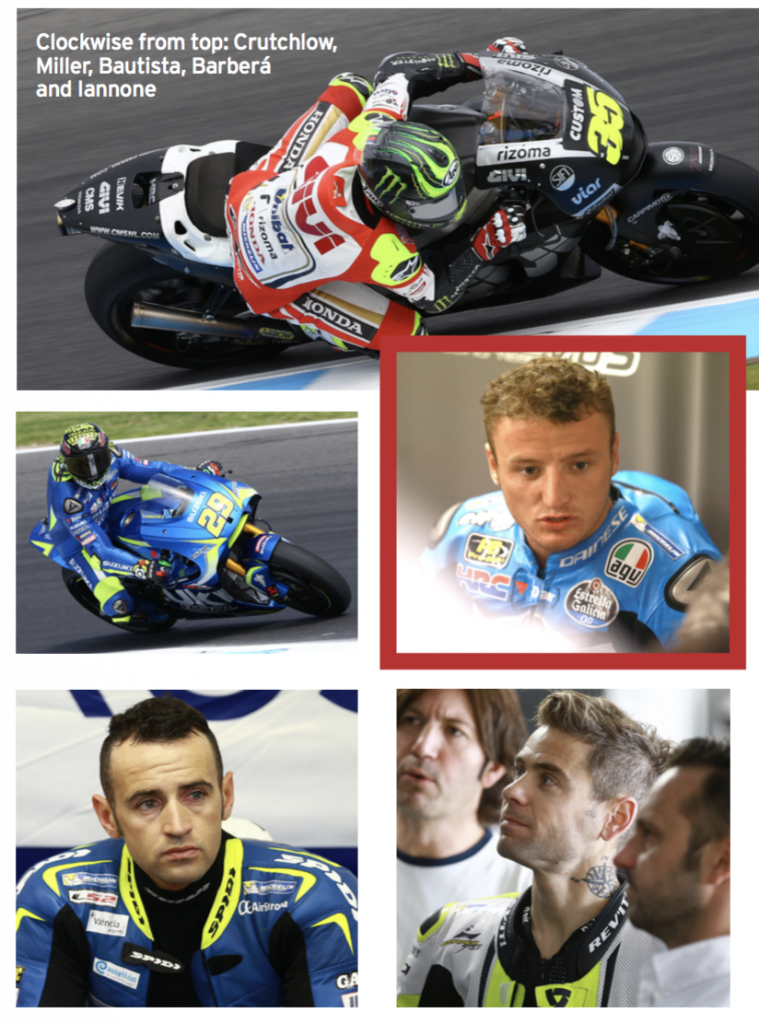
Rookies galore
Most exciting, the rookie manufacturer. Burgeoning Austrian company KTM, now Europe’s largest, is coming in all guns blazing with a combination of heresy (a tubular steel chassis) and reputation – for competitive success in a wide variety of on- and off-road disciplines.
Of course there is a lot to learn, and the competition is fierce.
KTM recruited both satellite Yamaha riders Bradley Smith (26) and Pol Espargaró (25) to lead the charge … very different riders, the latter claiming eighth overall last year with a string of top 10s. Smith had a harder time. If one or both is regularly in the top 10 by the end of 2017, that will be a substantial achievement for the Red Bull-backed rookie squad.
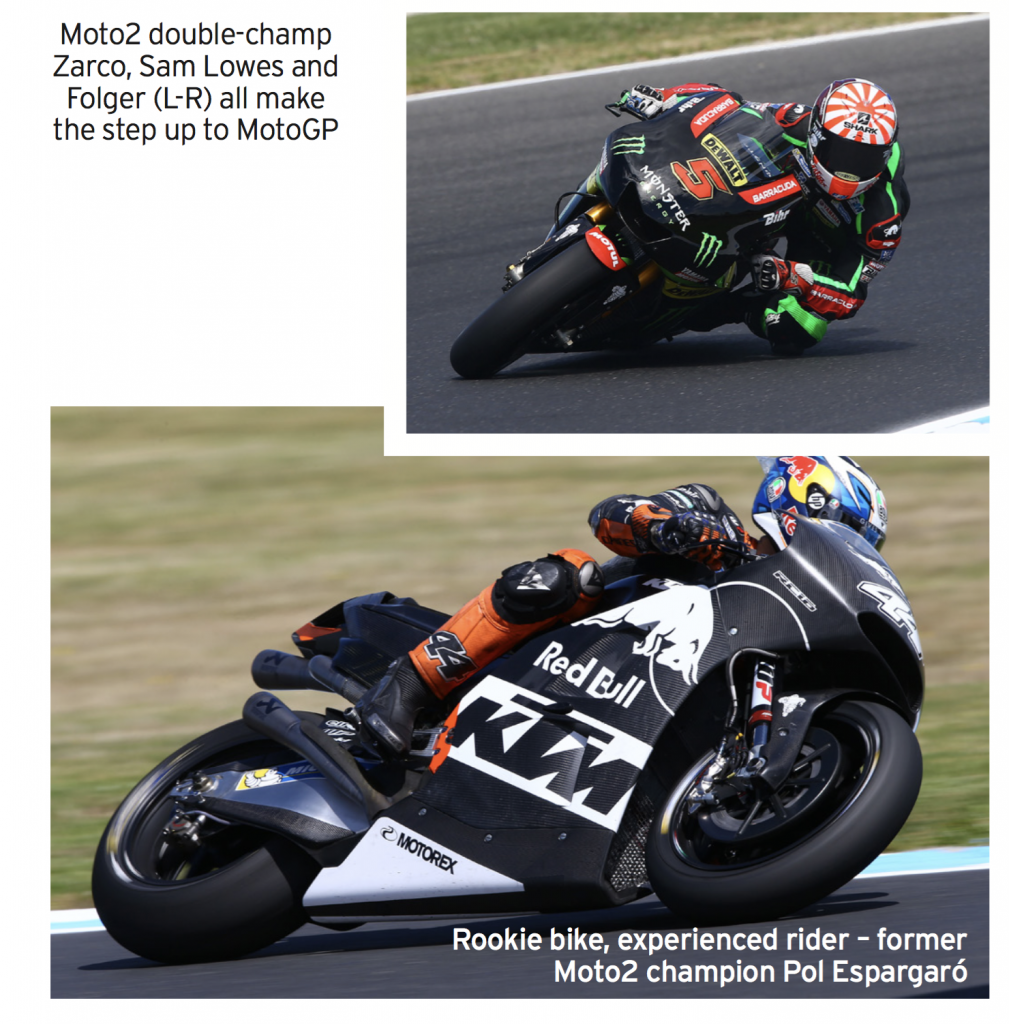
The same is true of four Moto2 hot-shots, all up to the next class to continue a battle that was very lively throughout 2016.
Ultimate winner Johann Zarco (26) is joined by race-winner Jonas Folger (23) at the French-run Tech 3 Yamaha squad, and both impressed in early tests. The other two might find it harder: Álex Rins (21) has joined Iannone at Ecstar Suzuki. Sam Lowes (26) is on the Aprilia, starting even further behind the establishment.
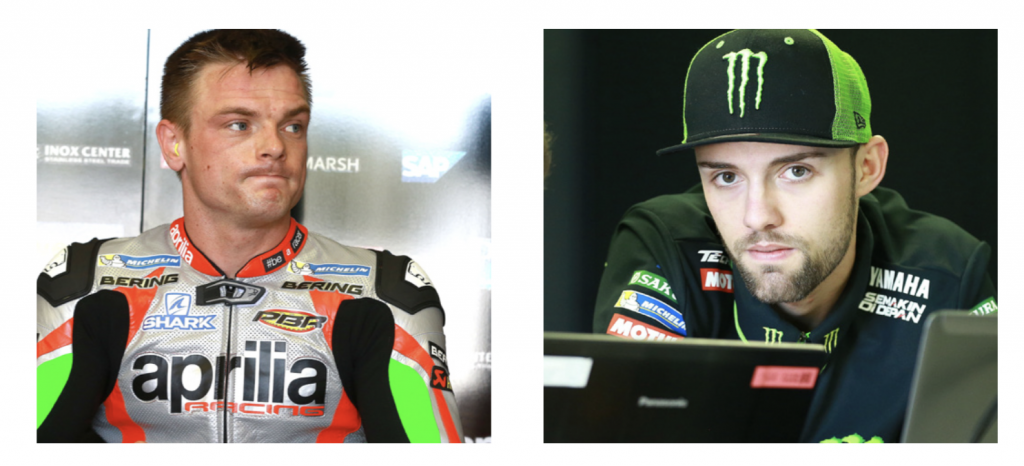
Maybe, maybe not
Just qualifying for a GP is something of an achievement, but somebody has to be at the back. While these guys cannot hope for much more than the last points, some are more deserving than others.
Like Scott Redding, still just 24, and fresh from a difficult time after switching to Ducati. Last year’s poor results were often no fault of his own, but he didn’t shine, and his second year with Octo Pramac sees him play second fiddle on an older bike to teammate Petrucci.
Aleix Espargaró (27), whose two years of up-and-down effort with Suzuki were rewarded with the sack, has a lot to prove, but will his new Aprilia be bike enough for him to do it?

Second Avintia Ducati rider Loris Baz, aged 24, is the least experienced of all, with just 31 GP starts, and a sad history of injury too.
Two more outsiders are from opposite ends of the spectrum. Tito Rabat (27) won the Moto2 title, but really struggled on the EG-VDS Honda as last year’s sole rookie, and started this year with injury at the first test. Karel Abraham (27) has a single Moto2 win and relatively extensive MotoGP experience, but has never quite managed to shake off the reputation of rich boy playing at racing. He returns after a financial deal to join as second Aspar Ducati rider.
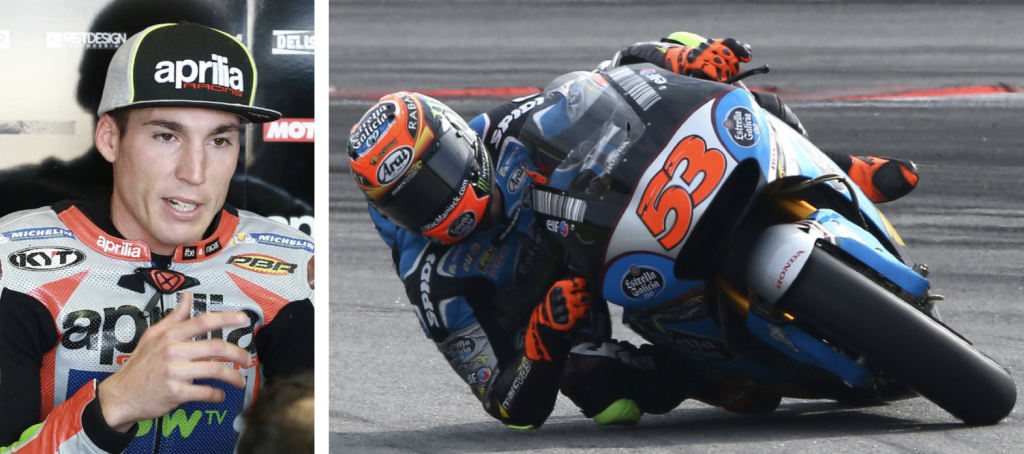
Moto2
Should be a scream
In the last year of screaming Honda power before Triumph takes over, the omens are good also for Moto2. Sometimes rather too samey, the middle class made a late-season revival of tension and interest last year. For 2017, on paper certainly, there are more high points to add further variety.
Importantly, four of the championship’s top seven, including the class’s first double champion Zarco, have departed for MotoGP, while a crop of lively rookies and second-year sophomores promises to freshen the mix.
And while the 32-strong entry list is still dominated by Kalex chassis, with 22, there is a slight but significant return with four all-new Suters, plus two new KTMs joining two pairs of Speed Up and Tech 3 renegades. Like the KTM MotoGP (and Moto3) bikes, the new arrival uses a unique tubular steel chassis.
The Suter quartet includes two former world champs: Sandro Cortese and Danny Kent. Their teams were lured back from Kalex by glowing 2016 test reports by the departed Jonas Folger and Swiss veteran Dominique Aegerter, who has joined Kiefer Racing as Kent’s teammate. Marcel Schrötter remains alongside Cortese in the Dynavolt Intact squad.
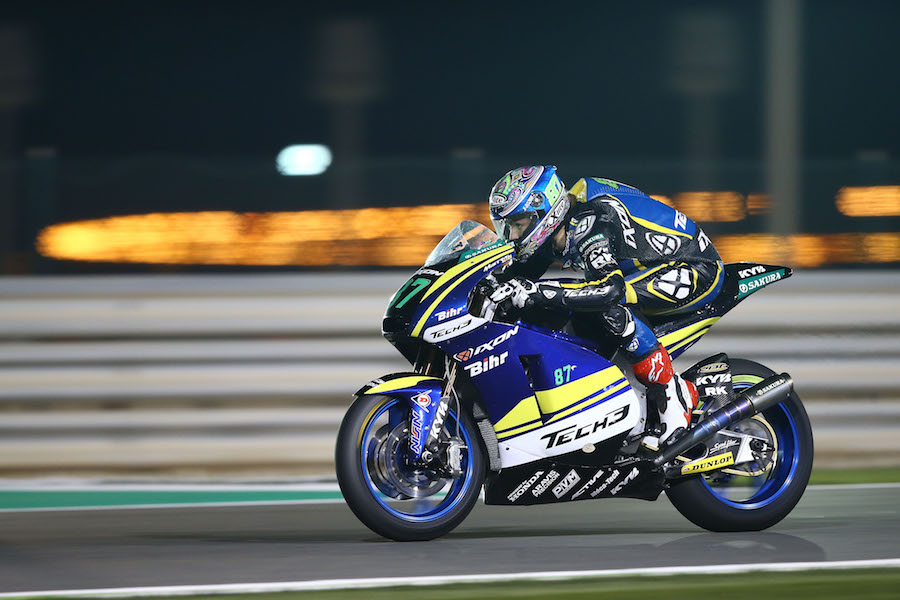
The new champion will probably come from among last year’s top rankers, and the strongest was class veteran Thomas Lüthi, with a 125 title and 233 GP starts behind him. More importantly, he emerged as Zarco’s strongest challenger last year, with no less than four race wins.
EG-VDS rider Franco Morbidelli still awaits his first victory, but he came so close so often last year. Fellow Italian Lorenzo Baldassarri did manage one win, and is another favourite, back with the Forward team, together again with the promising Luca Marini, Rossi’s half-brother.
There are others hungry for race wins. Takaaki Nakagami took his first last year after some years of being close. Now he’s back with Idemitsu Honda Team Asia, and the confidence boost should help with another step. Malaysian Hafizh Syahrin (Petronas Kalex) too often spoilt his results with bad qualifying, but there’s nothing wrong with his race speed or racecraft.
Álex Marquez had a downbeat second season last year, but the EG-VDS team has kept faith and kept him on. AGR meanwhile have replaced Folger with MotoGP refugee Yonny Hernández, returning to the class.
All of them ride Kalex. Speed Up’s best chance is in the hands of the constructor team’s bruising veteran Simone Corsi. The French Tech 3, made by the squad running satellite Yamahas in MotoGP, has Australian Remy Gardner joining incumbent Xavi Vierge. Neither of these chassis has achieved much glory in the past.
Things might be different for newcomers KTM – especially if second-year Moto2 man Miguel Oliveira’s test times are anything to go by. He’s joined in the Ajo-run team (winners last year with Zarco) by runaway 2016 Moto3 champion Brad Binder, though the South African missed early tests still recuperating from a post-season test crash last year.
Binder tops the list of interesting rookies, including up-and-down ex-Moto3 challengers Jorge Navarro on a Gresini Kalex and Fabio Quartararo, replacing Rins on the yellow Páginas Amarillas bike of Team Pons.
Look out also for Rossi protégé Francesco Bagnaia, up from Moto3 in Valentino’s new SKY-sponsored team alongside fellow-Italian hotshot Stefano Manzi.
Moto2 offers a lively prospect, which has not always been the case recently.
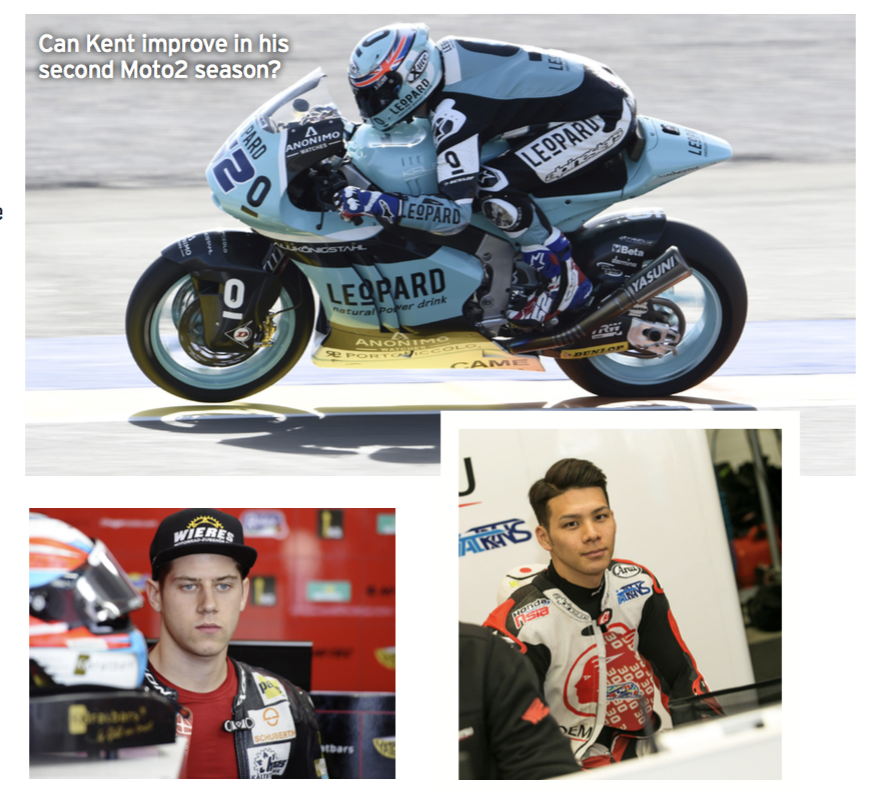
Moto3
The swarm
The loss of three of last year’s title top four makes GP racing’s most unpredictable class all the more so. Winner Binder plus Navarro and Bagnaia (third and fourth) have left the job of defending against last year’s crop of top rookies to runner-up Enea Bastianini, with returned bad boy Romano Fenati and frequent faller Niccolò Antonelli for assistance.
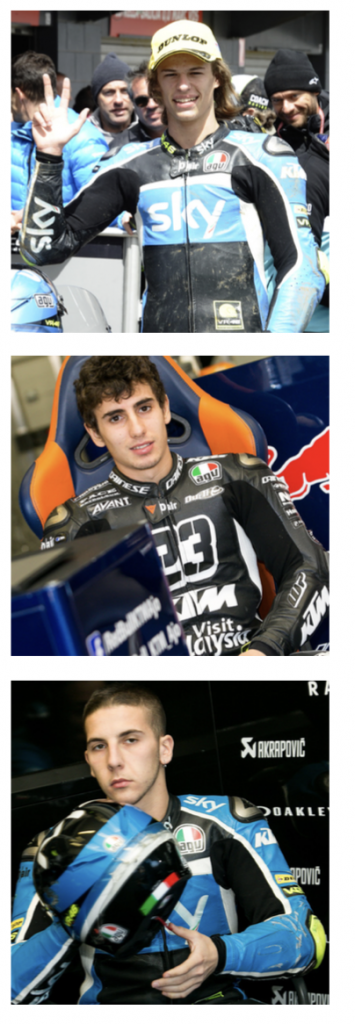
Fenati, sacked by the SKY VR46 team last year for unruly behaviour, returns to Honda, with the Ongetta Rivacold team. Bastianini stays with Honda, although switching to the prime Estrella Galicia team. There are 13 other Hondas, the most numerous on the 31-strong grid.
Antonelli has moved the other way to join KTM, with nine others on the victorious Austrian machines.
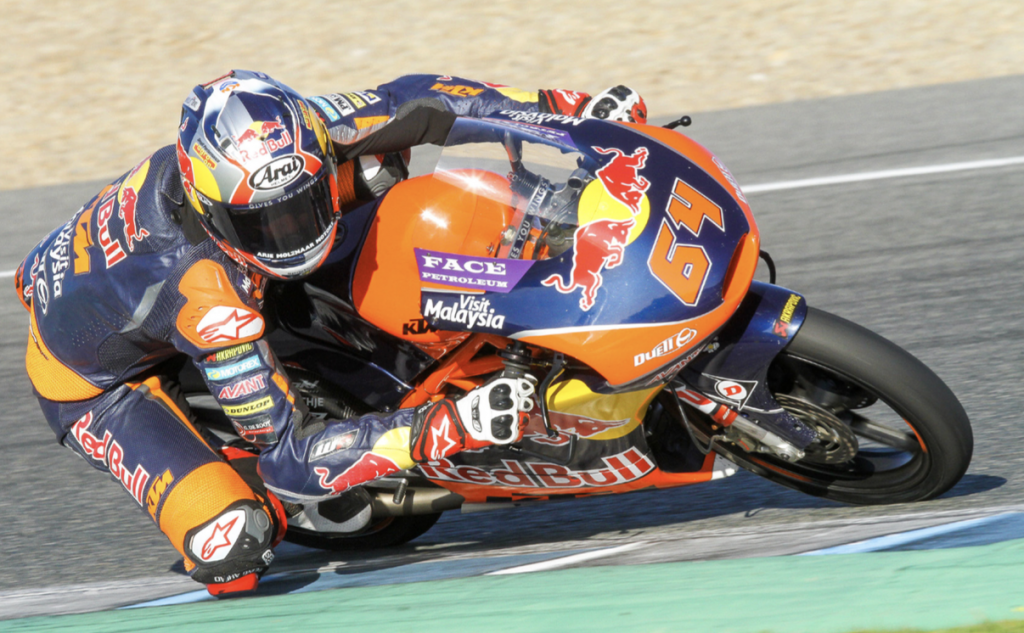
The balance is made up with a reduced number of Mahindras, two of the six again badged as Peugeots, and the strength of the Indian manufacturer’s hand somewhat reduced, with Lorenzo Dalla Porta (Aspar Mahindra) and SaxoPrint Peugeot’s John McPhee the most experienced riders.
Then those 2016 rookies, with a year behind them. On KTM another Rossi protégé, Nicolò Bulega, fastest at recent Jerez tests. SKY VR46 teammate Andrea Migno is another front-runner. Dutch kid Bo Bendsneyder likewise, in a second year with the Ajo Red Bull KTM team.
Hondas for the other top sophomores: Fabio Di Giannantonio joined by ex-Mahindra rider Jorge Martín in the Gresini team; Joan Mir on the second Leopard Honda; Arón Canet the second EG Honda.
Livio Loi is the other Leopard Honda rider, and is unpredictable but sometimes blindingly fast; the experienced Philipp Öttl is back on the Schedl KTM after showing growing strength last year.
Moto3 was often the best race of the day over the past two seasons. It looks likely to maintain that reputation.
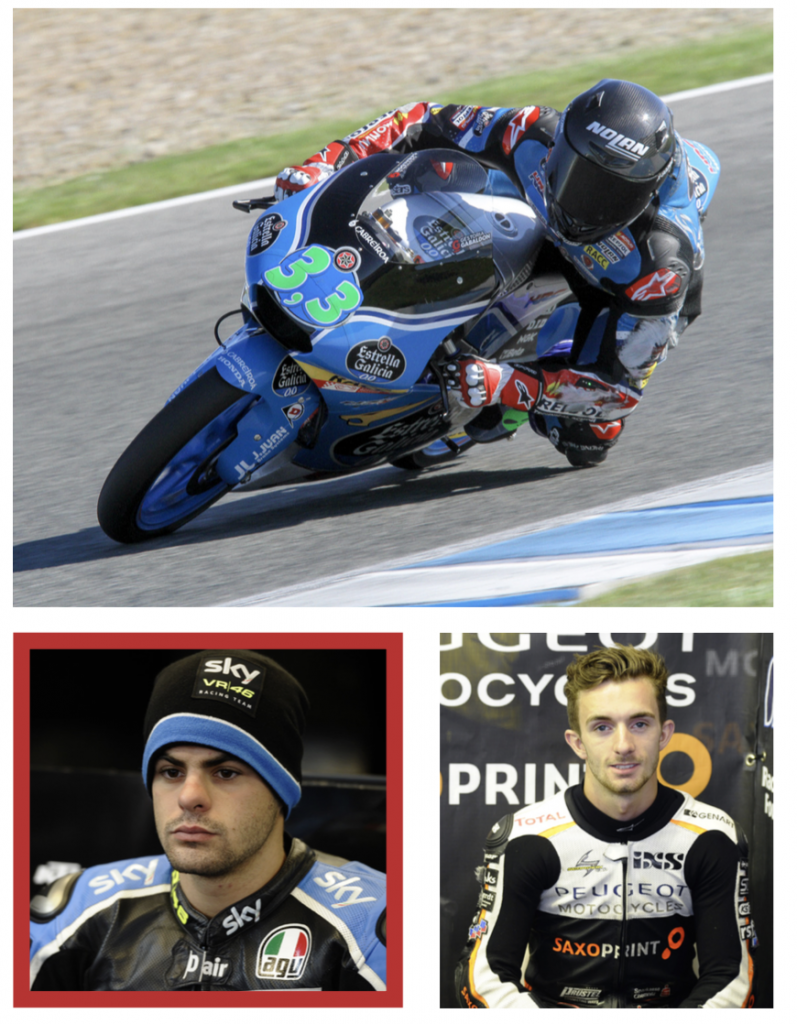
WORDS MICHAEL SCOTT PHOTOGRAPHY GOLD & GOOSE
